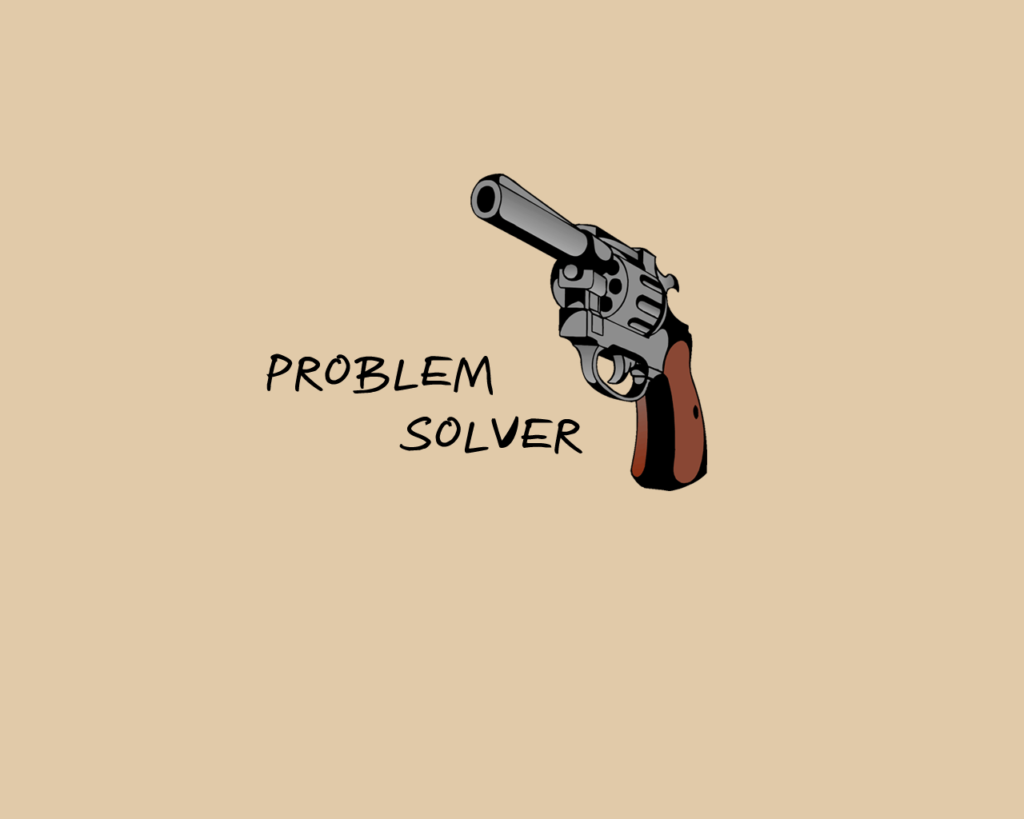The Enigma of Dark Humor: Why We Laugh in the Shadows

Dark humor, often described as the intersection of comedy and tragedy, is a form of wit that delves into subjects typically considered serious, taboo, or even distressing. While some find it offensive, others appreciate its ability to tackle grim realities with a sharp, often satirical edge. But why does dark humor resonate with certain audiences? What makes us laugh at jokes that dance on the edges of discomfort? Here, we explore the intricate world of dark humor, its psychological underpinnings, societal implications, and why it continues to captivate those who dare to laugh in the shadows.
What is Dark Humor?
Dark humor, also known as black humor or gallows humor, is a comedic style that finds humor in subjects that are usually off-limits, such as death, illness, war, and human suffering. This type of humor is not about making light of these issues but rather exploring them in a way that allows people to cope with the darker aspects of life.

Famous examples of dark humor can be found in literature, films, and stand-up comedy. From the satirical works of Jonathan Swift to the cutting-edge performances of comedians like George Carlin and Ricky Gervais, dark humor has been a powerful tool for both critique and reflection.
The Psychological Appeal of Dark Humor

Why do people enjoy dark humor? The answer lies deep within our psychological makeup. Here are some reasons why dark humor resonates with certain individuals:
- Coping Mechanism: Dark humor allows people to deal with their fears, anxieties, and existential dread. By laughing at the things that scare us the most, we can diminish their power over us. It’s a way to confront mortality, injustice, and suffering head-on, without succumbing to despair.
- Cognitive Complexity: Research has shown that those who appreciate dark humor tend to have higher levels of cognitive complexity. This means they can understand and appreciate the multiple layers of meaning that dark humor often presents. A dark joke often requires a more nuanced understanding of the world and the human condition.
- Emotional Resilience: People who enjoy dark humor are often emotionally resilient. They can process disturbing or uncomfortable subjects without being overwhelmed by them. This resilience allows them to find humor in situations where others might only see tragedy.
- Social Commentary: Dark humor can serve as a powerful tool for social commentary. By making jokes about taboo subjects, comedians and writers can highlight societal issues that might otherwise go unaddressed. It’s a way to challenge norms and provoke thought while entertaining.
The Thin Line Between Humor and Offense

Dark humor is not without controversy. What one person finds hilarious, another might find deeply offensive. The line between humor and offense is subjective, often depending on personal experiences, cultural background, and individual sensitivities.
- Context Matters: The context in which a dark joke is made is crucial. A joke that might be funny in a comedy club could be highly inappropriate in a different setting. The audience’s expectations and the comedian’s intent play significant roles in determining whether a dark joke is received as humorous or offensive.
- Cultural Differences: What is considered dark humor in one culture might be seen as simply tasteless or even incomprehensible in another. Cultural context heavily influences how humor is perceived. For example, British humor often leans towards the dark and dry, while American humor tends to be more straightforward and less likely to delve into taboo subjects.
- The Role of Empathy: Empathy plays a significant role in how dark humor is received. People who can distance themselves emotionally from a subject are more likely to find humor in it. However, if the subject matter hits too close to home, it can evoke feelings of hurt rather than laughter.
Dark Humor in Media and Pop Culture

Dark humor has a long history in media and pop culture, serving as a mirror to society’s deepest fears and anxieties. From satirical news programs to darkly comedic films, this genre continues to push boundaries and challenge audiences.
- Television: Shows like South Park, The Simpsons, and Family Guy have become cultural staples, known for their use of dark humor to address social and political issues. These shows often tackle controversial subjects, using humor as a vehicle for critique and commentary.
- Films: Dark comedies like Dr. Strangelove, American Psycho, and Fargo use dark humor to explore the absurdity of human behavior and societal norms. These films often blur the line between comedy and tragedy, leaving audiences laughing one moment and questioning their morals the next.
- Literature: Writers like Kurt Vonnegut, Joseph Heller, and Chuck Palahniuk have mastered the art of dark humor in literature. Their works often delve into the darkest corners of the human psyche, using humor as a means to explore existential themes and societal critique.
The Ethical Considerations of Dark Humor

While dark humor can be a powerful tool for social commentary and emotional resilience, it also raises important ethical questions. Is it ever acceptable to joke about serious or tragic events? Where should we draw the line between humor and harm?
- Punching Up vs. Punching Down: One of the key ethical considerations in dark humor is the concept of “punching up” versus “punching down.” Punching up refers to making jokes that target those in power or societal norms, while punching down involves making jokes at the expense of marginalized or vulnerable groups. The former is generally seen as more acceptable, while the latter can perpetuate harmful stereotypes and reinforce social inequalities.
- The Role of Intent: The intent behind a joke matters. If the goal is to provoke thought, challenge norms, or bring attention to important issues, dark humor can be a force for good. However, if the intent is to mock or belittle, it can be harmful and perpetuate negative attitudes.
- Audience Responsibility: Audiences also have a responsibility when it comes to dark humor. Just because something is intended as a joke doesn’t mean it’s exempt from critique. It’s important to consider the impact of humor on different audiences and to be mindful of how jokes can be perceived.
Why Dark Humor Matters

Despite its controversial nature, dark humor plays an important role in society. It allows us to confront difficult subjects, challenge societal norms, and find meaning in the chaos of life. Here are some reasons why dark humor matters:
- Confronting Reality: Dark humor forces us to confront the realities of life, no matter how uncomfortable they may be. By laughing at the things that scare us, we can take away some of their power and gain a sense of control.
- Social Critique: Dark humor often serves as a form of social critique, highlighting the absurdity of societal norms and the injustices of the world. It can be a powerful tool for change, challenging audiences to think critically about the world around them.
- Cultural Reflection: Dark humor reflects the cultural and societal issues of the time. By examining the themes and subjects of dark humor, we can gain insight into the fears, anxieties, and values of a society.
- Building Resilience: For some, dark humor is a way to build emotional resilience. By finding humor in difficult situations, people can cope with adversity and maintain a sense of hope in the face of despair.
The Future of Dark Humor

As society continues to evolve, so too will the boundaries of dark humor. In an increasingly connected and diverse world, the way we perceive humor is changing. Social media platforms have given rise to new forms of dark humor, with memes and viral content often pushing the limits of what is considered acceptable.
- Cancel Culture and Dark Humor: In the age of cancel culture, dark humor faces new challenges. Comedians and content creators must navigate a landscape where the line between humor and offense is constantly shifting. While some argue that cancel culture stifles free expression, others believe it holds people accountable for harmful content.
- The Role of Technology: Technology has also played a role in the evolution of dark humor. Social media platforms, streaming services, and online forums have created new spaces for dark humor to thrive. However, these platforms also amplify the reach of dark humor, making it more accessible to wider audiences and increasing the potential for controversy.
- Evolving Sensibilities: As societal norms continue to evolve, so too will our sensibilities towards dark humor. What is considered funny today may not be funny tomorrow, and vice versa. The future of dark humor will depend on our ability to balance the need for free expression with the responsibility to consider the impact of our words.
Dark humor is a complex and multifaceted form of comedy that continues to captivate, challenge, and provoke audiences. Whether it’s through literature, film, television, or stand-up comedy, dark humor pushes the boundaries of what is considered acceptable, forcing us to confront the darker aspects of life. While it may not be for everyone, those who appreciate dark humor often find it to be a powerful tool for coping with adversity, critiquing societal norms, and finding meaning in the chaos of life. As we continue to navigate an ever-changing world, dark humor will undoubtedly remain a vital part of our cultural landscape, reminding us that sometimes, the only way to face the darkness is to laugh at it.
